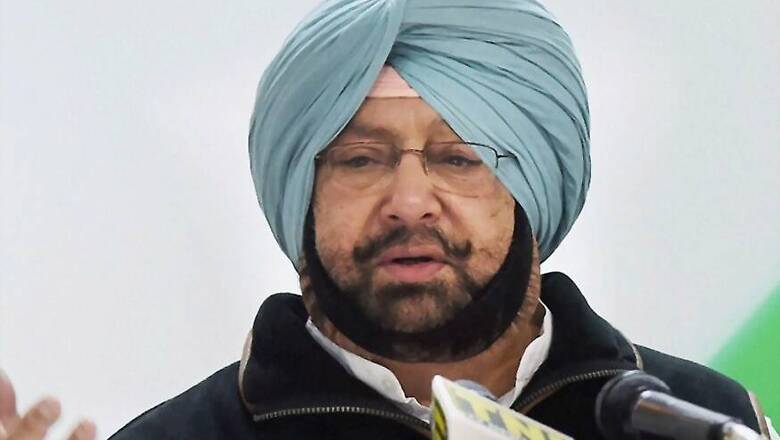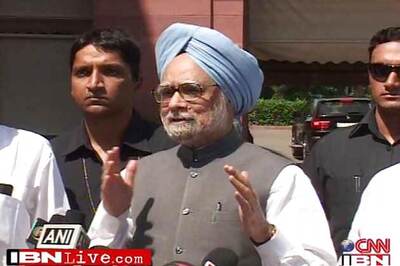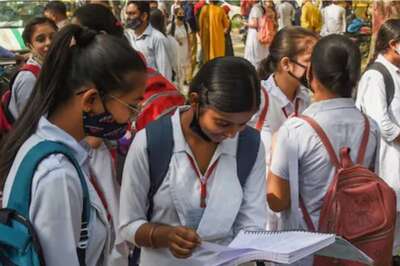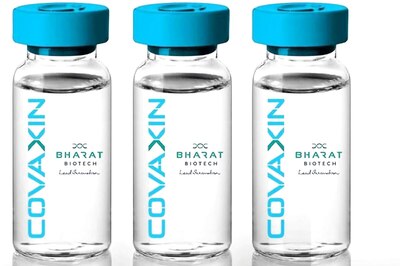
views
Chandigarh: Punjab Chief Minister Amarinder Singh on Friday announced the setting up of an advisory board to enable detention of drug smugglers for a year without trial.
He also announced creation of a separate drugs division under the state health department to centralise and synergise the de-addiction efforts of the government and private centres.
The measures are among a series of fresh initiatives announced by the chief minister to take his government's fight against drugs to the next level, an official spokesperson said after a meeting to review the functioning of the special task force (STF), which was set up to wipe out the menace of drugs from the state.
The proposed advisory board will be constituted under the Prevention of Illicit Traffic of the NDPS Act. The state government had decided a month ago to invoke the stringent law that allows detention of suspected narcotics smugglers up to a year without trial and attachment of properties of proclaimed offenders.
Amarinder Singh has asked Nirmal Singh Kalsi, the additional chief secretary of the department home affairs and justice, to work out the modalities in this regard, according to the official spokesperson.
Kalsi has also been asked to convene coordination meetings with the enforcement agencies of neighbouring states to check cross-border smuggling of drugs into Punjab.
The chief minister announced at the meeting that officers posted in the respective police stations will now be held directly accountable, the spokesperson said.
Stressing on the need to centralise and integrate the various functions involved in promoting de-addiction, the chief minister said the drug division in the health department would oversee the opening of new drug centres, issuance of licences to private de-addiction centres and distribution of necessary drugs in government hospitals. The division will be headed by a secretary.
Amarinder Singh has further asked the additional chief secretary of health, Satish Chandra, to simplify the licensing procedure for private de-addiction centres.
The chief minister directed STF chief Mohammad Mustafa to regularly update him on the progress of the anti-drug campaign. He also asked Chief Principal Secretary Suresh Kumar and Kalsi to hold a meeting every fortnight to review the progress.
The chief minister asked the deputy commissioners, commissioners of police, inspector generals of police of different ranges, senior superintendents of police and the STF to undertake regular field visits, especially in rural and border areas, for reviewing the progress and seeking feedback from the common people.
Mustafa said at the meeting that the STF, district police and the state special operation cell had arrested 13,756 people till December 24, 2018, and recovered 381-kg heroin, 370-kg opium and 38,739-kg poppy husk, besides the seizure of 60,805 injections and 76.77-lakh capsules.
Satish Chandra apprised the meeting that 166outpatient opioid-assisted treatment clinics were functional across the state, where 59,993 patients had been registered and as many as 56,380 re-visited the clinics, thus registering a retention rate of 93.97 percent.
The number of such centres would be increased to 200 by the end of March 2019, he added.



















Comments
0 comment